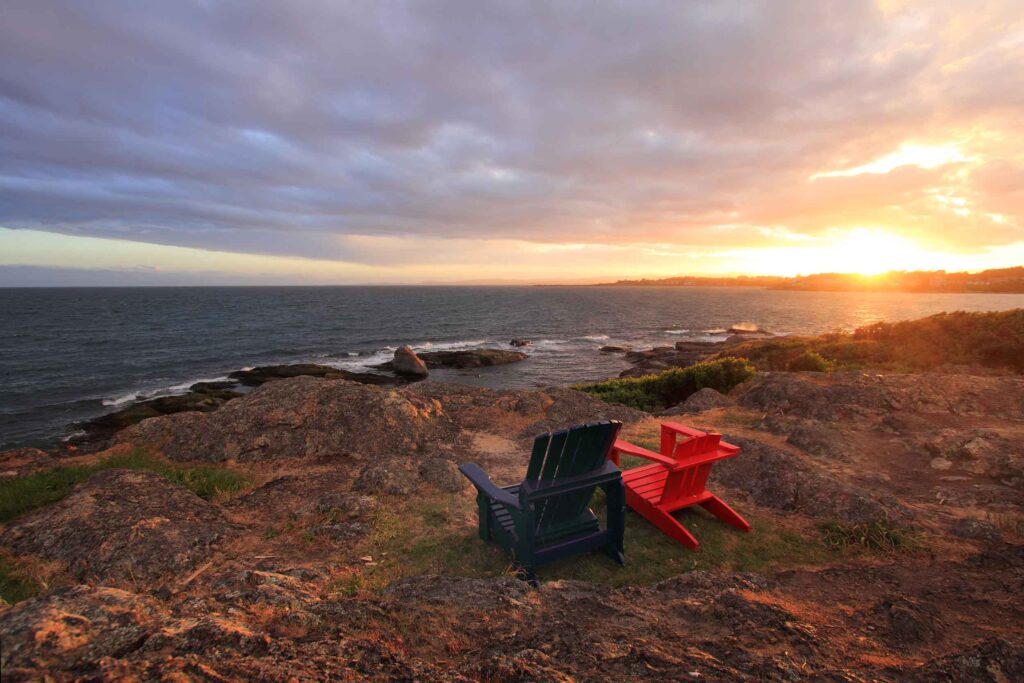Glass containers used by BC residents are collected for recycling in a number of collection systems:
- Deposit glass containers are delivered by residents to ReturnIt depots;
- Non-deposit glass containers are either:
- Placed by residents into curbside PPP collection systems in those jurisdictions where glass is accepted;
- or Delivered by residents to PPP recycling depots.
Multi-Material British Columbia (MMBC) has been soliciting comments from stakeholders, including local governments, companies operating PPP processing facilities and recycling end markets, on the types of PPP to be collected at curbside and at depot.
Comments received from some local governments, processing facility operators and recycling end-markets have identified problems arising from the collection of glass commingled with printed papers and non-glass containers. Glass breaks during the curbside collection process:
- Broken glass contaminates other materials as shards become mixed with printed papers and plastic containers creating problems recycling these materials;
- Broken glass represents a safety hazard for workers;
- Broken glass is difficult to capture in the processing systems and is often too contaminated to be used to make new products; and
- Broken glass creates excessive wear on collection and processing equipment.
From data compiled during the Phase 1 surveys of local governments and processors, it is estimated that, of the 210,000 tonnes of PPP collected, approximately 3,500 tonnes are glass containers. Approximately one-third of this amount is currently being collected at depots and the remaining 2,400 tonnes are collected in curbside programs.
Glass, which represents about 1% of the total PPP collected, is reportedly creating significant problems in the PPP collection and processing system. By redirecting the 2,400 tonnes of non-deposit glass containers to depots, the quality of the remaining 207,600 tonnes of PPP is improved, processing residues are reduced and the collected glass can be directed to more productive uses.
Some local governments, for example the Regional District of Nanaimo and the Central Okanagan Regional District, have removed glass containers from their curbside programs for the reasons described above and have asked their residents to deliver non-deposit glass to depots.
When considering this change to those curbside programs that currently accept glass, it is important to consider that most of the glass containers sold in BC are deposit containers that are already being returned by residents to ReturnIt depots – 70,692 tonnes in 2011. Asking residents to return non-deposit glass containers to depots is not introducing a new behavior. Rather, it builds on the effective and well-established system of deposit and non-deposit depots that already exist across BC.
Segregating glass from other PPP during the collection process can improve the environmental performance of the entire PPP recycling system as processing residues can be reduced and more materials, including glass, can be directed to productive recycling uses.
MMBC welcomes comments on the draft updated list of PPP to be collected until March 1, 2013.
How to Comment
- Dialogue: To facilitate inter-stakeholder discussion, MMBC is initiating aLinkedIn group. Those interested in commenting on the draft updated list of PPP to be collected can do so through this online mechanism. Participants must be members of LinkedIn. Membership is free. Joining is easy and requires no personal information. Once a membership in LinkedIn has been completed, search for MMBC Group to join the discussion group.
- Email: You may also provide comments on the draft updated list of PPP to be collected by emailing [email protected].


